Understanding The Soil In Your Garden In Hounslow
Posted on 28/05/2015
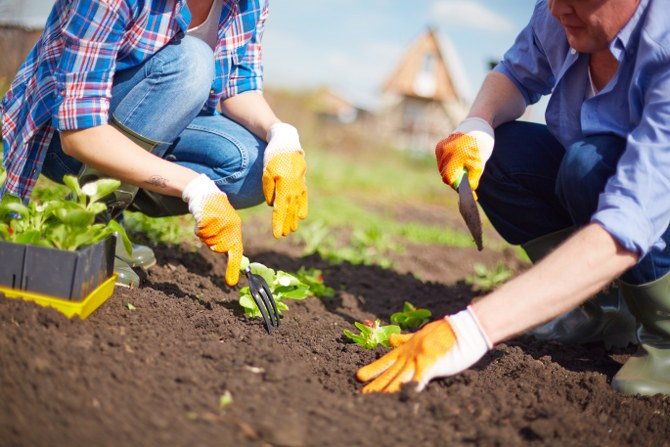
For most amateur gardeners in Hounslow, getting a soil makeover usually involves adding copious amounts of fertilizers until the soil is made rich and technically ‘fertile’. However, as gardening experts will tell you, there are other, much more consistent and efficient ways to give your garden soil a complete makeover without spraying or dumping chemicals on it.
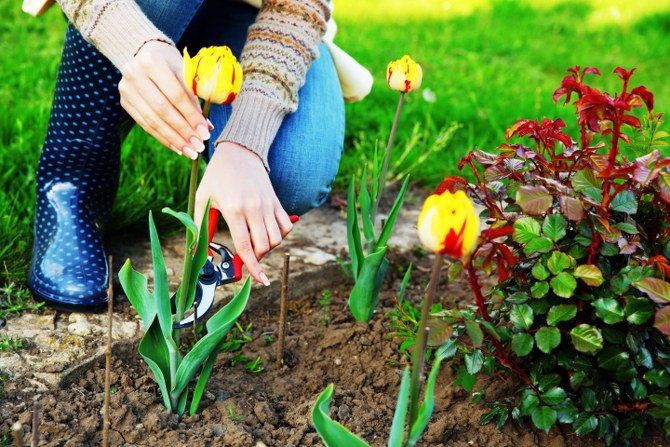
What is soil?
But before we begin, we should know what soil is made of. Essentially, the main components of soil in your garden in Hounslow, TW3, mineral wise, are sand, silt and clay. Loam is a particular variety which has all of these present in equal amounts, giving a nice, crumbly texture to the soil. Clay, because it is the smallest particle of the three, has more surface area and holds moisture better. Contrary to popular belief, the soil that we stand on is not 100% solid. Along with the sand, silt and clay, it also contains a lot of air and water vapour and this is essential for plant growth. Besides the mineral content, there is also the organic matter in the soil which is the most important factor in the growth of plants.
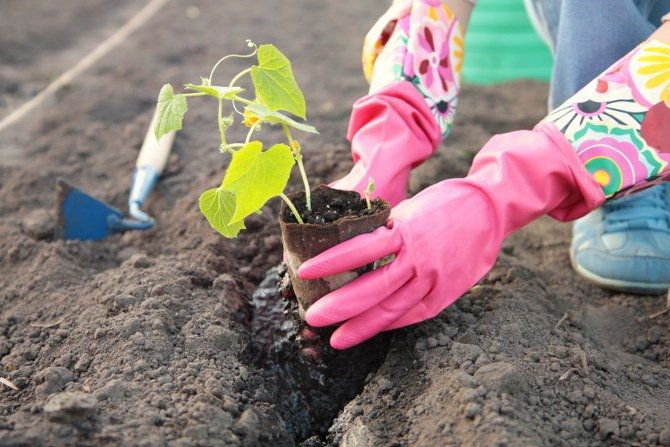
Soil biology and organic content
The organic matter, in this context, is everything living or which had been living present in the soil. This includes the living organisms and the dead plant and animal materials, as well as the root exudates that the organisms feed upon. And this living network is very busy trying to sustain us. The bacteria, fungi, mycorrhizae, arthropods are what allows the plants to thrive and depending on what gardening practices we adopt, we either promote the growth of these living organisms or hurt them, and potentially destroy the soil biology.
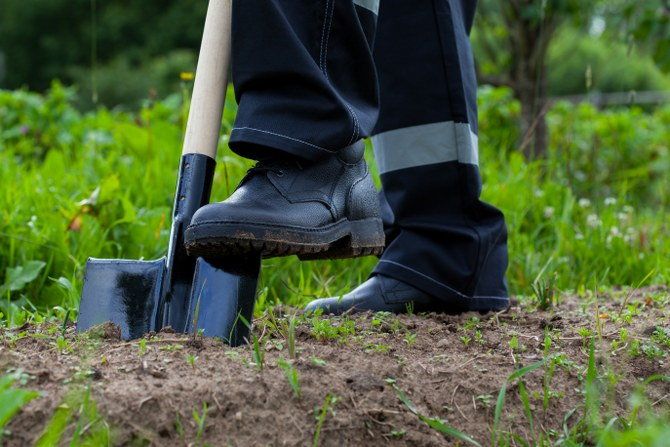
The living matter in soil helps the plants absorb the nutrients more efficiently, and in some instances, even produces them in a form that your plants in TW4 can easily absorb. But that is not all they do, they also help to decompose the dead organic remains, such as dead plants and animals, and release the organic nutrients that help the plants to grow in turn. A plant typically needs 13 nutrients from the soil and most synthetic fertilizers can provide only three. The soil ecosystem controls the way moisture is held and released by the soil, and they way nutrients are conserved and delivered to the roots – thus they do more than just trying to make up a nutritional deficiency.
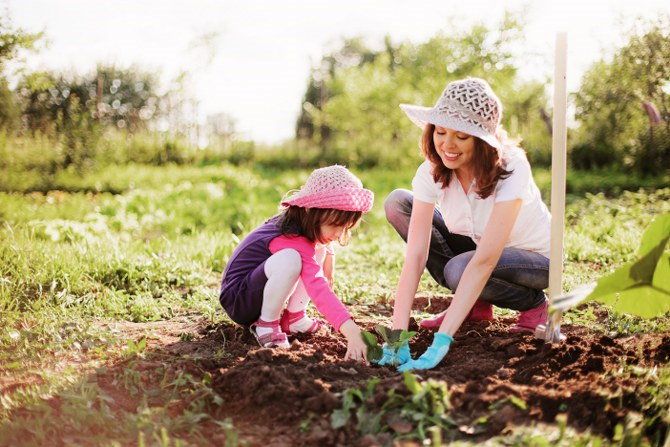
How do we control soil fertility?
The only thing that gardeners in Hounslow can control about soil is the organic content, the other mineral content are pretty much native to the land. Generally, what is ideally considered a good percentage of organic matter is only 5% of the soil, which might seem to be low for such an important component of the soil but it works best. Often, a soil test might tell you that the organic percentage of soil in your garden is less than 1%, which means that you will have to build up the organic content to at least 3% to make it suitable for gardening.
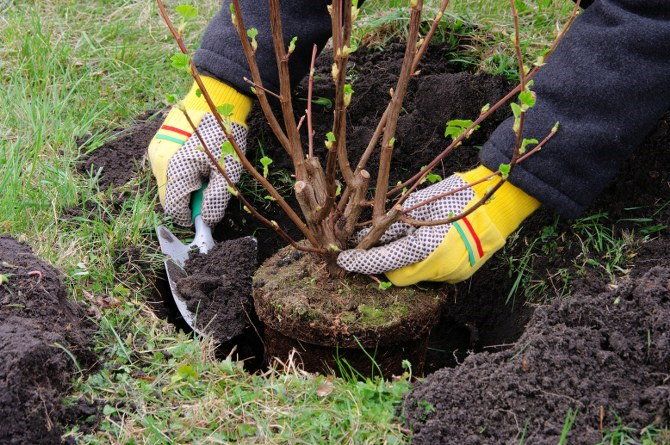
One of the best ways to do that is to add a lot of compost. If you can’t make compost at home in your garden in the TW3 area, or don’t produce enough, you could buy it in bulk from a gardening service. Compost is essentially organic material, mostly plant waste, at various stages of decomposition and being continuously broken down to release nutrients, not only to the plant, but also to the surrounding soil fauna. You can either grind the dead plant matter and just put it at the base of the plants and let nature break it down naturally. Either way, it takes care of your leaf clearance and is the best kind of fertilizer you can give to your plants.




